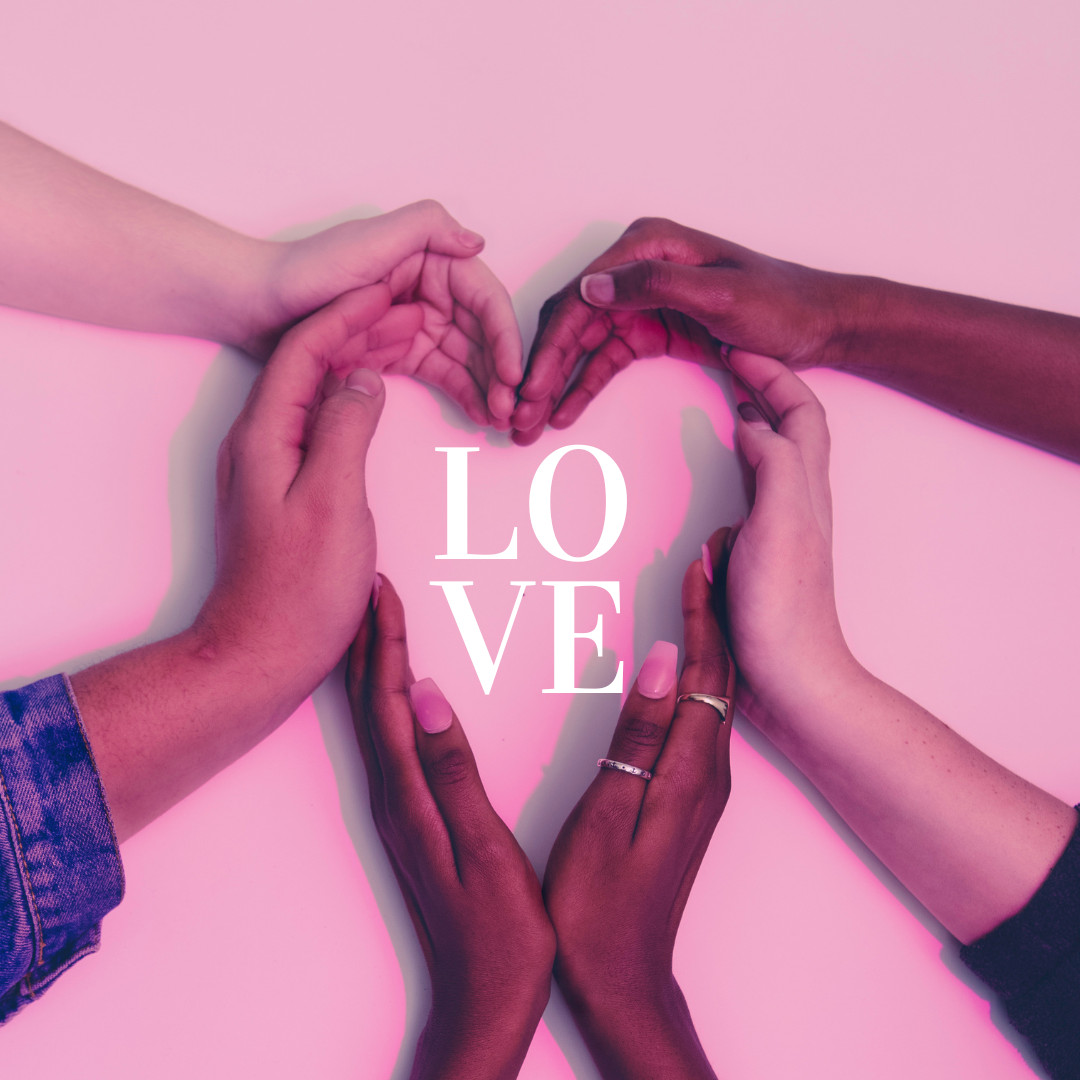
A common thing that my clients bring into the therapy room is distress over wanting to change something in their relationships. This sounds good, right? However, there is a problem. People often get confused as to what is theirs and what belongs to others to fix.
For (hypothetical) example:
Client: I need to fix my marriage.
Therapist: What are you doing to harm your marriage presently?
Client: Nothing, but my husband yells at me all the time.
Therapist: Let me get this straight, you say your husband yells at you all the time and that you are not doing anything to harm your marriage.
Client: Right.
Therapist: If you are not the one harming your marriage, you are not the one who can stop harming your marriage.
Client: Oh.
Therapist: You can tell him it hurts you and ask him to please stop talking to you that way. You can identify where you might be disrespecting him with your tone of voice or word choice and decide to do differently and better. You can even call the police if the situation escalates to physical altercations. However, you cannot make your husband stop yelling at you; that is his alone to change. He needs to decide if he will or will not change his behavior. You are not in his body; he is. So, you cannot make his choices for him, that belongs to him alone to change.
Client: Oh. Yeah
Therapist: Yeah.
Therapist: So, what would you like to change that is actually yours to change?
Client: I don't know; I hadn't thought about it that way before.
The key is to ask yourself:
"Am I actually the one responsible for this negative behavior or outcome?"
"Does this belong to another person?"
"Whose responsibility is this?"
Once you can successfully identify what you have the power to take action on and change, you can let go of the things that are not within your power. This is where freedom results.
To hear more on this topic, listen to this podcast: Soothe Yourself and Show Up Better.






0 Comments